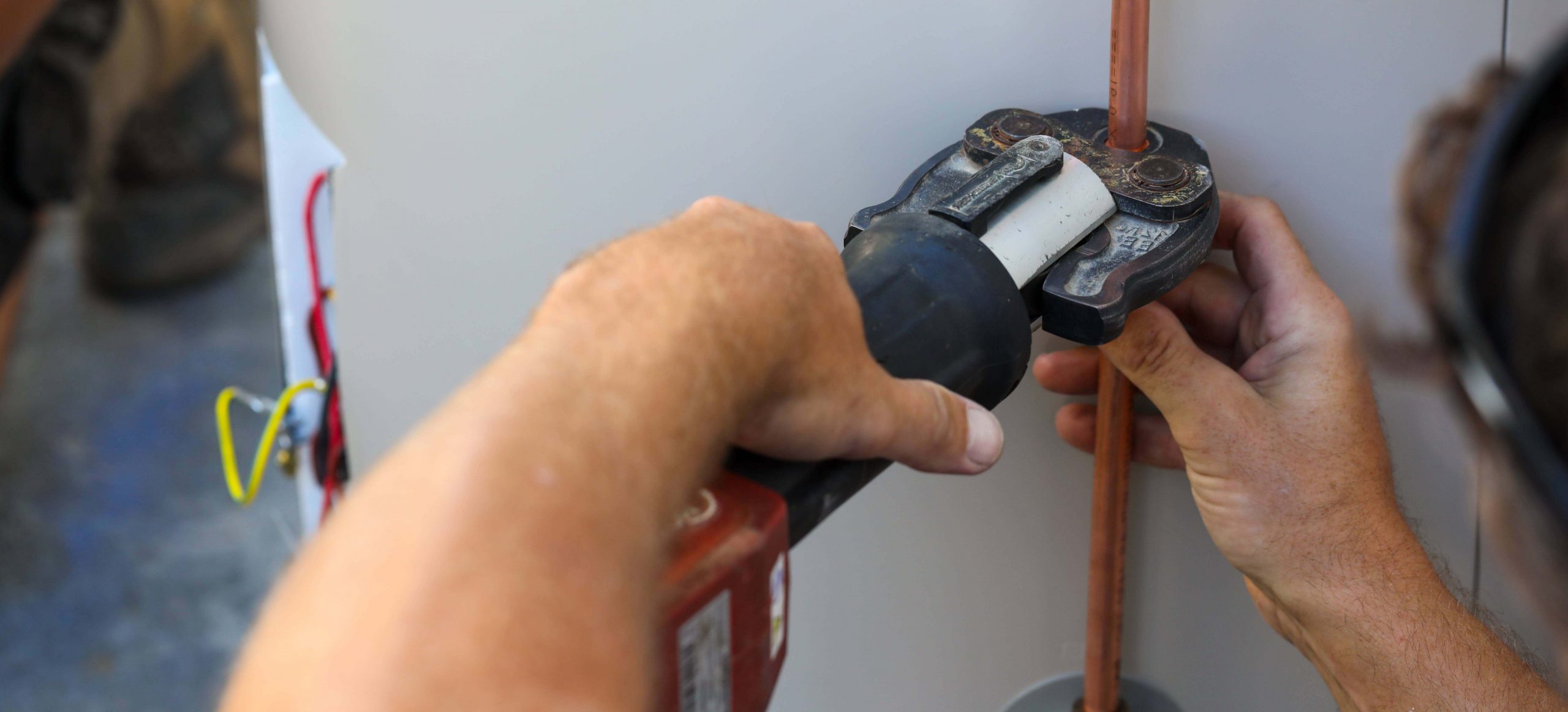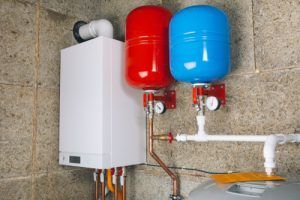Addressing the Most Frequent Hot Water Heater Emergencies
Addressing the Most Frequent Hot Water Heater Emergencies
Blog Article
Do you find yourself trying to locate critical info concerning Is Your Water Heater Leaking??

A hot water heater is one of one of the most crucial standard devices that can be found in a home. With water heaters, you don't need to undergo the stress of home heating water by hand whenever there is a demand to take a bath, do the laundry, or the meals. Nonetheless, there is constantly an opportunity that your hot water heater would certainly break down just like the majority of mechanical devices.
It is essential to note any type of little breakdown and tackle it quickly before points get out of hand. Many times, your water heater begins to malfunction when there is an accumulation of debris as a result of continual usage. As a precaution, periodic flushing of your water heater is suggested to stop sediment accumulation as well as protect against practical failure.
Common hot water heater emergency situations as well as how to take care of them
Dripping hot water heater storage tank.
In this scenario, you must transform off your water heating unit, enable it to cool down, and also carefully look for the source of the issue. At times, all you require to do is to tighten up a few screws or pipeline connections in instances of minor leaks. If this does not function and the leakage persists, you could need to use the solutions of a specialist for a suitable replacement.
Varying water temperature.
Your water heating unit could begin creating water of various temperatures typically ice scalding or cool warm. There may be a need to change either the heating or the thermostat system of your water heating unit.
Too little hot water
It might be that the water heating system can not sustain the warm water need for your apartment. You could upgrade your water heating system to one with a larger ability.
Blemished or odiferous water
You need to understand if the concern is from the water or the container resource when this happens. If there is no funny odor when you run cold water, then you are specific that it is your water heater that is defective. The smelly water can be caused by corrosion or the build-up of microorganisms or debris in the water heater storage tank. When you see this, you can attempt flushing out your tank or changing the anode if the issue lingers. The function of the anode is to clean out bacteria from your container. Considering that the anode pole replacement calls for a thorough expertise of your water heater, you will require the aid of an expert.
Conclusion
Some homeowners neglect little warning and also minor faults in their hot water heater unit. This only brings about more damages and a possible total break down of your appliance. You ought to deal with your hot water heater mistakes as quickly as they come near avoid even more expenses and also unnecessary emergency problems.
With water heating systems, you do not require to go with the anxiety of home heating water by hand every time there is a need to take a bathroom, do the washing, or the recipes. Your water heating unit might start creating water of various temperatures normally ice scalding or cool warm. It may be that the water heater can't support the warm water need for your house. If there is no amusing scent when you run chilly water, after that you are certain that it is your water heating system that is malfunctioning. The stinky water can be caused by rust or the build-up of bacteria or sediments in the water heating unit storage tank.
What’s Wrong With My Water Heater?
Not Enough Hot Water
You probably encounter this problem in the shower or while washing dishes. As you run your water, you’ll notice it starting to cool down. Turning up the hot faucet may not work, or it may only heat the water for a short period. Your hot water probably comes back and works normally one or two hours after you use it up.
If you’ve never had enough hot water, your heater may be too small for your home. If you haven’t had a problem until recently, there’s probably something’s wrong with your heater’s thermostat. Try adjusting it to see if you can feel a difference. Even if the thermostat’s working, the heating element itself could have burnt out. It’s also possible that a clog has restricted water flow into or out of the heater. Luckily, none of these problems are hard to fix, as long as you call them in early.
Water is Too Hot
Unregulated water heaters can make water dangerously hot. You probably have this problem if you’ve been scalded by your hot water. It’s also a likely culprit if you have trouble getting your faucets to produce a comfortable temperature. This problem is easy to fix, but it can also be a serious health hazard if you don’t address it. If you think your water is too hot, don’t doubt yourself; look into it!
Start by finding your heater’s thermostat and mark its position with a pen. Turn the thermostat to a cooler setting. Wait a couple hours to see if the problem is solved. If it isn’t, listen for boiling in the tank and look for water that comes out of the faucet steaming. In those cases, your temperature-pressure relief valve may be malfunctioning. This is a serious problem that can be dangerous, so you should have it looked at right away.
Discolored or Smelly Water
If all your water looks rusty or smells weird, there’s probably a problem with your pipes. If only your hot water looks weird, however, your water heater is probably at fault. Hot water discoloration comes in several varieties. It could look orange or brown-ish, taste rusty, or feel grainy. It could also look yellow or green-ish and taste gross or feel slimy. Either way, it’s a sign that there’s something wrong with your water heater’s tank.
Usually, hot water discoloration means sediment has built up in your tank. Sediment is made up of hardened minerals that accumulate on the inside of the water heater’s walls. When enough sediment builds up, it causes all kinds of problems–including your discolored water. Try flushing your water heater tank to clean out built up sediment. If the water still tastes rusty, your tank’s rust-preventing anode rod may have worn out. A pro can replace an anode rod easily, but without one, your tank could rust beyond repair relatively quickly.
Leaking
Water heaters can leak from several different places, and each leak means something different. If the leak is coming from a pipe above the heater, it’s possible the tank itself hasn’t been compromised. The cold inlet, hot outlet, and T&P pipes could all leak from above. Try tightening the problematic valve. If that doesn’t work, then the valve or pipe will have to be replaced.
If the leak is coming from the bottom of the tank, it’s important to determine exactly where it is. The leak could be coming out of the drain valve or your T&P valve below the tank. You can replace those valves and preserve the tank itself. If you notice the water tank itself leaking, however, that probably means it’s corroded beyond the point-of-no-return. Leaking water heaters are a big deal, so you should get yours replaced ASAP.
https://www.punctualplumberdallas.com/blog/whats-wrong-water-heater/

We had been shown that editorial on The Importance of Water Heater Maintenance from an associate on a different domain. Be sure to take the time to share this entry if you liked it. Thanks so much for your time spent reading it.
Navigate plumbing issues professionally. Report this page